Achieving the optimal body weight and desirable body composition (reduction of fat mass, increase in muscle tissue), while meeting all nutritional needs in adequate proportions.
Impact on food choices and long-term dietary change with additional counseling and ongoing support.
Calculation of the Resting Metabolic Rate (RMR) based on anthropometric data, estimation of Physical activity energy needs and energy required for thermal effect of food.
Based on the Total daily energy requirements obtained and the agreed goal, the menu is developed according to the season, dietary preferences, lifestyle and health status, with a detailed meal analysis using the USDA database.
Developing a nutrition program that allows every athlete to achieve the maximum endurance and strength level during training and competitions, delay fatigue, concentration drops and mood disorders, and accelerate recovery.
Nutrition planning ensures the achievement of optimal ranges of fat percentage which are defined by the type of sport and gender, the replenishment of glycogen stores, it’s supercompensation and proper meal timing depending on the time of training and competition.
The diet is planned in accordance with the part of the season (preparation period, competition period, transition period), training process, dietary preferences, lifestyle, health status and goals that the athlete has set for himself.
Calculation of Total daily energy requirements with special attention given to the physical activity energy expenditure (training and competition). Optimized intake of carbohydrates, proteins and fats depending on the body weight of the athlete and the set goals, and ensured intake of all the vitamins and minerals in required quantities.
Special reference to composition and timing of pre-competition meals, nutrient ratios and meal intake times for faster regeneration, especially if there is less than 8 hours apart between the next competition/training.
Calculation of meal intake time before and after training/competition in order to successfully absorb nutrients that serve as an energy source, delay gastrointestinal disturbances during competition and maximize post-training/competition recovery.
Supplementation program based on individual needs and goals set in accordance with the World Anti-Doping Agency (WADA) list.
A detailed analysis of nutrition and physical activity in order to determine the individual's actual needs and to select supplements which will help the athletes to achieve their goals.
Creating a hydration plan to help the athlete enter into training and competition in a state of euhydration, avoid dehydration of more than 2% of body weight during training and competition under given environmental conditions, and replenish fluid lost through sweat and urine for maximum regeneration.
The sweat rate (SR) is determined on the basis of the fluctuation in body weight before and after training, loss of urine, fluid intake, duration of training and competition and environmental conditions (temperature, humidity), which enables the creation of an individual plan of hydration (replenishment of fluid, electrolytes and carbohydrates).
Provide nutritional guidance based on established body composition, health status and personal preferences.
Identifying the problem and providing an oral and written guidance based on anthropometric measurements and detailed discussions with the patient.
Measurement of body weight, % body fat, % muscle tissue, % visceral fat, waist and hip circumference.
Nutritional classification, calculation of ideal body weight and determination of the type of fat distribution. Based on the information provided, the risk assessment of chronic diseases is possible.
Weighing (scale), bioelectrical impedance, skinfold measurements (caliper), girth measurements.
Determination whether the patient is eating enough macro and micronutrients. Correcting the diet, pointing out the patient's mistakes and giving advice of what changes he needs to make to meet his nutritional needs.
Keeping a diet journal with weighing; 24-hour recall, FFQ (Food Frequency Questionnaire), nutrition analysis using the USDA database.
The most detailed determination of daily energy needs.
Keeping a physical activity journal .
Correct the diet, point out errors and give written advice on the changes that must be made in order to achieve energy balance and meet the needs for carbohydrates, proteins, fats, vitamins and minerals.
Determination of energy and nutritional value of individual dishes and coordination with legal regulations.
Written recipes for the given nutrition plan.
Provide nutritional guidance based on established body composition, health status and personal preferences.
Identifying the problem and providing an oral and written guidance based on anthropometric measurements and detailed discussions with the patient.
Educate clients about the basic principles of proper nutrition in terms of the prevention of chronic diseases at a later age and sports nutrition in accordance with the modern science of nutrition in sports.
Group lectures, seminars.
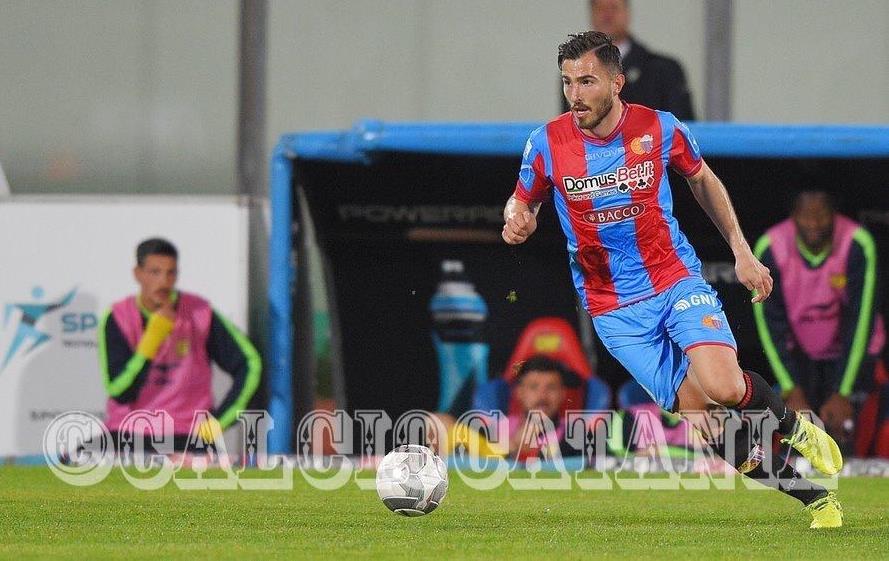
I am so happy with my diet plan. It surprised me how much you can actually eat when everything is well balanced, that you don't have to give up anything (not even sweets!) and you are still losing fat and making your body feel great! I really am full of energy every day!
Calcio Catania
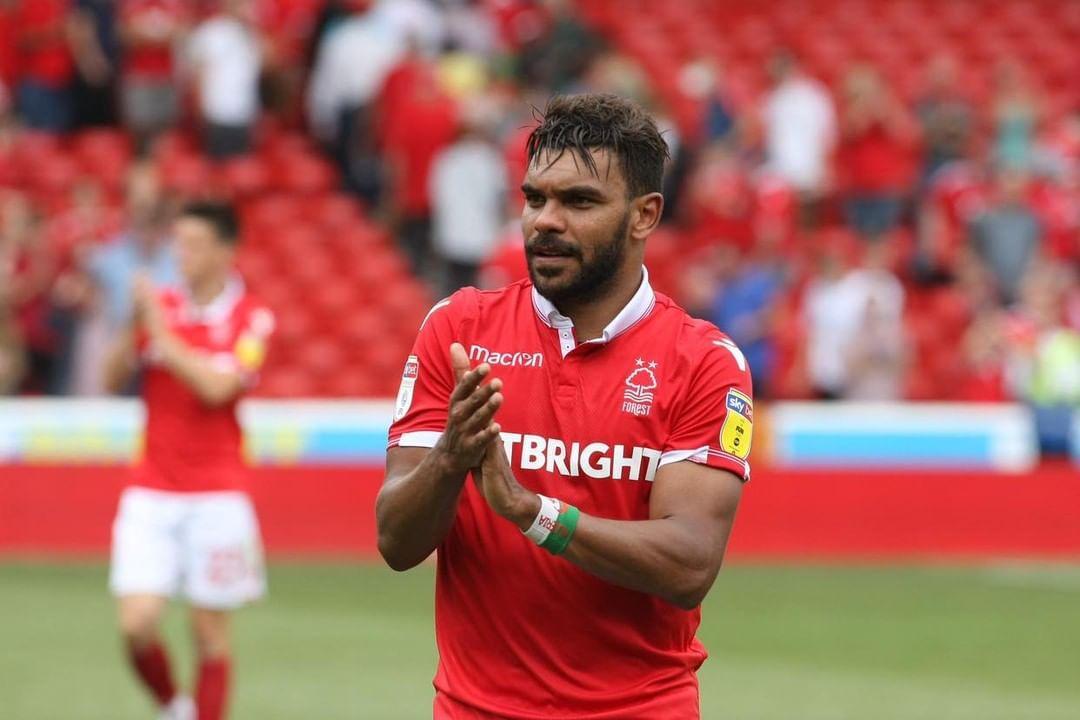
Ivona, I'm glad we worked on my eating habits together in Dinamo. Working with you has helped me to be aware of how I need to feed myself back then and in the future. Your advice has helped me a lot in my professional career and in my private life. Thank you for everything!
Nottingham Forrest FC, Algerian national football team
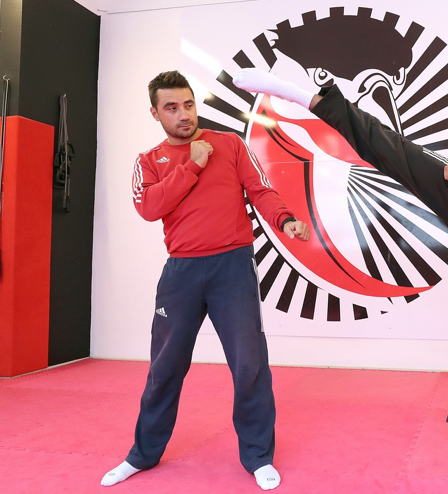
Ivona has incredible approach to young athletes. Her extraordinary ability to understand the needs and desires of athletes enables athletes to progress and achieve better results during the competitive season.
Taekwondo Club Čigra, Vice President
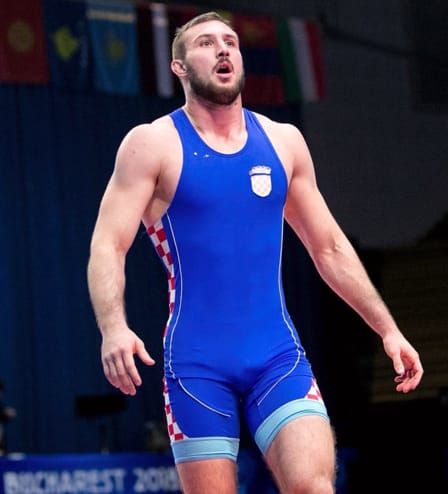
I am a national team player for 7 years and my best place is 2 times 5th place in the World Cup (2012,2014) and this year 5th place in the European Championship and 8th place in the World Cup. In wrestling, proper nutrition is very important as one must always keep an eye on the weight, whether it is weight loss or weight gain. Ivona gave me a lot of advice and tips on how to keep an eye on the pounds, as well as how to train more effectively and recover better from strenuous workouts.
Sesvetski Kraljevec Wrestlinng Club, Croatian national wrestling team
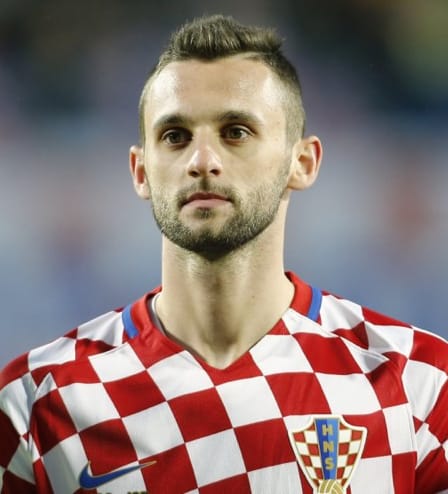
It's amazing how much body composition, nutrition quality and proper hydration affect endurance, fatigue delay and recovery speed, especially with a heavy match schedule! Ivona, thank you for all you have taught me!
FC Inter Milan, Croatian football national tem